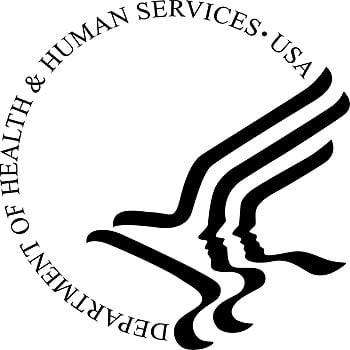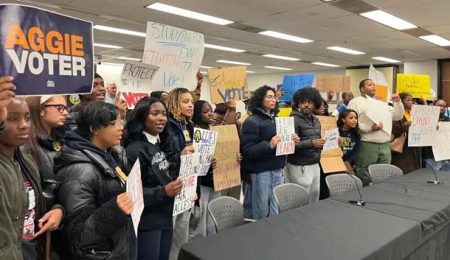Information About the Healthcare Coverage Mandate
 What is the individual mandate?
What is the individual mandate?
The individual mandate is a provision of the federal health law that requires you, your children and anyone else that you claim as a dependent on your taxes to have health insurance in 2014 or pay a penalty.
That coverage can be supplied through your job, public programs such as Medicare or Medicaid, or an individual policy that you purchase. The health law is setting up online health insurance marketplaces, also known as exchanges, to help you shop for plans.
Who is affected by the mandate?
The mandate is aimed at some of the 57 million people younger than 65 who now do NOT have health insurance.
Exceptions to the mandate
You are exempt from the mandate to buy insurance if:
• the cost of premiums exceeds 8% of household income;
• household income is below the minimum threshold for filing a tax return;
• you would be eligible for Medicaid under the health law’s new rules but live in a state that (like North Carolina) chose not to expand Medicaid;
• you are a Native American eligible for care through the Indian Health Care service;
• your religion objects to having insurance coverage;
• you are a member of a health care sharing ministry;
• you are experiencing a coverage gap of less than three consecutive months;
• you are a prisoner or an immigrant who is in the country illegally.
How do I satisfy the mandate?
Health coverage provided through a job-based plan (including COBRA or a retirement plan), policies that you bought for yourself or your family, Medicare (and Medicare Advantage), Medicaid, CHIP, some Veterans Administration health programs or TRICARE coverage for members of the military and their dependents will satisfy the mandate.
If you are uninsured or thinking about switching plans, you can shop for coverage through the online marketplaces beginning Oct. 1, 2013. These marketplaces will operate in every state and the District of Columbia and will alert people with lower incomes that they are eligible for Medicaid.
The marketplaces will also offer tax subsidies to help reduce the cost of premiums if your income is less than 400 percent of the federal poverty level ($45,960 for an individual and $94,200 for a family of four in 2013) and cost-sharing subsidies that will substantially reduce the deductibles, co-payments, coinsurance and total out-of-pocket spending limits for people with incomes up to 250 percent of the federal poverty level ($28,725 for an individual and $58,875 for a family of four in 2013).
Although the law takes effect Jan. 1, 2014, the initial enrollment period continues through March 31. Since people are exempted for a coverage gap of less than three months, individuals who obtain coverage before the end of March will be exempt from the payment for that period.
How do I report my coverage or exemptions to the government?
You will not have to report your coverage or exemptions until you file your 2014 income tax return, which won’t be due until April 15, 2015. Insurance providers will also be required to help their clients report their health coverage. The Internal Revenue Service says it will put out details later about how the reporting will work. If your income is so low that you do not file a tax return, you are exempt from paying the penalty.
What happens if I don’t get coverage?
If you do not have the minimum level of coverage and do not qualify for an exemption, you must pay a penalty to the IRS at the end of the tax year. The penalty for the first year is up to $95 per adult and $47.50 per child, or 1 percent of family income, whichever is greater.
The fine, however, increases over time and in 2016 could be as much as $695 per adult and $347 per child (up to $2,085 for a family) or 2.5 percent of family income, whichever is greater. The amount you owe will be pro-rated to reflect the number of months you were without coverage.
How do I apply for an exemption?
If you are seeking an exemption for incarceration, membership in an Indian tribe or health care sharing ministry, you can apply through the health insurance exchanges or make a claim when you file taxes, according to a final rule issued by the U.S. Department of Health and Human Services.
If you are claiming economic hardship or a religious exemption, you must get an exemption certificate from the online insurance exchange. If you are claiming that coverage is unaffordable, you are in the United States without proper documentation or have a coverage gap of less than three months, you can make the claim when you file your 2014 taxes in 2015.
Should you need additional questions answered contact the U. S. Department of Health and Human Service via email by visiting www.healthcare.gov/Marketplace, or your healthcare provider.







